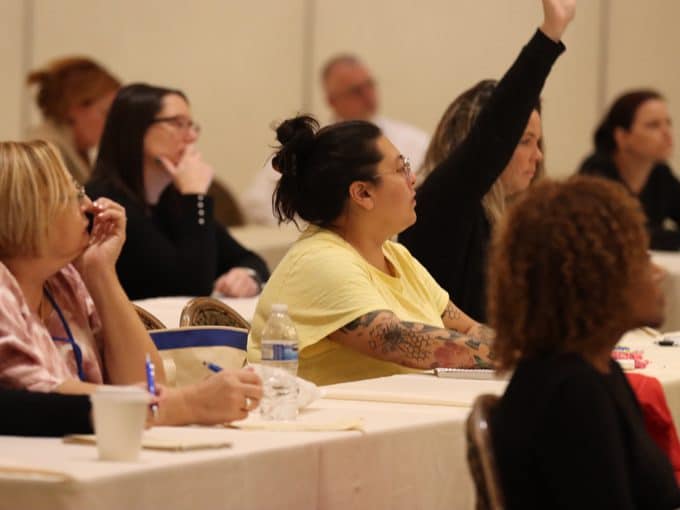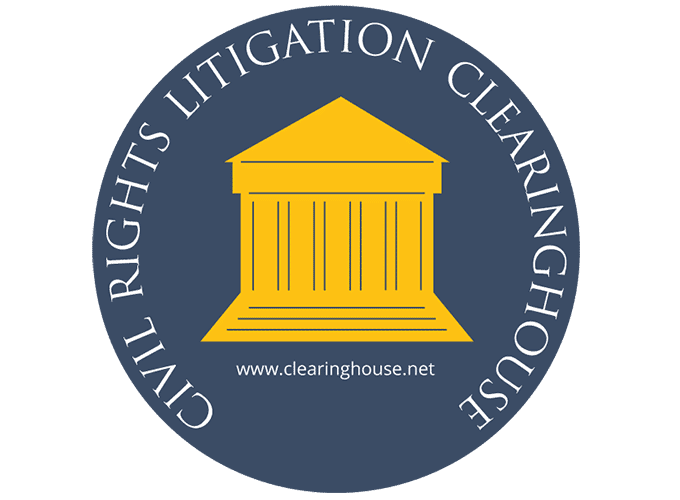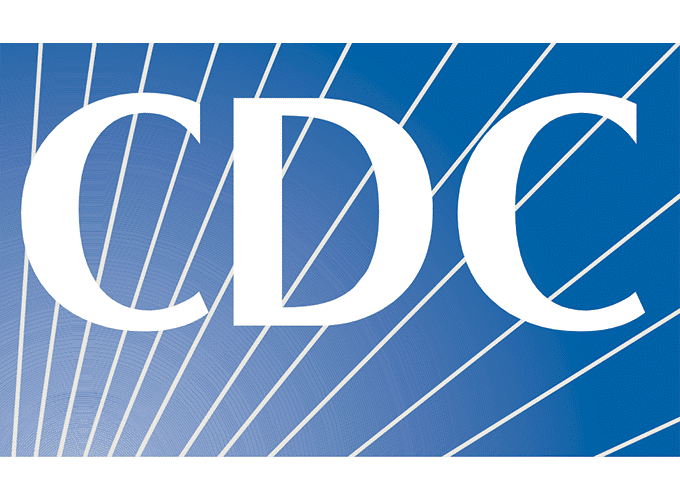
Share Your Expertise at the NCCHC Spring Conference on Correctional Health Care
Help shape the future of correctional health care.
Home New Publication on Effective Communication with Deaf, Hard of Hearing, Blind & Low Vision Incarcerated People
 Nov 9, 2022
Nov 9, 2022By Tessa Bialek, JD
The Civil Rights Litigation Clearinghouse at the University of Michigan Law School is excited to share the first in a series of white papers focused on criminal justice policy. The white paper series draws from the tens of thousands of litigation documents in the Clearinghouse collection to explore promising practices and develop model policies.
The first white paper in the series, published in July 2022, is Effective Communication with Deaf, Hard of Hearing, Blind, and Low Vision Incarcerated People. The white paper proposes best practices for jails and prisons to serve the needs of persons with communication disabilities in their custody.
Related resources include:
Special collection of relevant cases: The Clearinghouse collects cases addressing the treatment of persons in who are deaf, hard of hearing, blind, and/or low vision in a special case collection.
State prison disability policies: The Clearinghouse has compiled and cataloged state prison disability policies, comprehensively as of 2018, and selectively updated as of 2022.
Comprehensive policy recommendations: The white paper relies on litigation documents, existing prison and jail policies, and conversations with advocates and experts in the field to develop detailed policy recommendations. The policies are endorsed by the National Association of the Deaf and the National Federation of the Blind and address everything from intake procedures to staff training to provision of medical devices, auxiliary aids and services, and reasonable modifications and accommodations. The model policies are intended as a template for correctional administrators, legislators, and advocates who are working to change jail and prison policy in this area. They are discussed in detail, with commentary, in the white paper, and are also available in a template intended for jail and prison systems to copy, paste, and adapt into functional policies for their own systems and facilities.
You can find the white paper, an executive summary, model policies in template form, and all other related resources here.
Tessa Bialek, JD, is managing attorney at the Civil Rights Litigation Clearinghouse, University of Michigan Law School.


